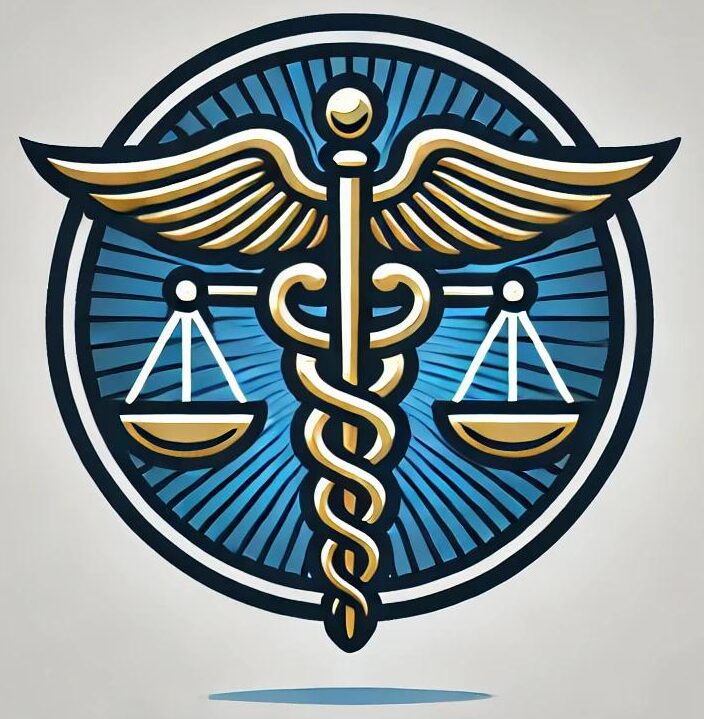Motor vehicle accidents are a common source of personal injury lawsuits, often leading to prolonged and costly court battles. Mediation offers a valuable alternative, providing a platform for both parties to reach a mutually satisfactory resolution without the stress and expense of litigation. Here, we explore the benefits and process of mediating a motor vehicle accident lawsuit between two drivers.
The Benefits of Mediation
- Cost-Effective: Mediation is generally less expensive than going to court. Legal fees, court costs, and other expenses can quickly add up in a lawsuit. Mediation allows both parties to save money while still seeking a fair resolution.
- Time-Saving: Court cases can take months or even years to resolve. Mediation can often be completed in a matter of hours or days, allowing both parties to move forward more quickly.
- Confidentiality: Unlike court cases, which are public, mediation is a private process. This confidentiality can be particularly beneficial in sensitive cases where privacy is a concern.
- Control Over Outcome: In mediation, both parties have more control over the outcome. Instead of a judge or jury making the final decision, the parties work together to reach a mutually acceptable agreement.
- Preservation of Relationships: Mediation fosters a collaborative environment, helping to preserve relationships between the parties. This can be especially important if the parties must continue to interact after the dispute is resolved.
The Mediation Process
- Selection of Mediator: The first step is to select a mediator. The mediator is a neutral third party with expertise in the relevant area of law and experience in mediation. Both parties must agree on the choice of mediator.
- Initial Meeting: The mediator will schedule an initial meeting to explain the process, set ground rules, and answer any questions. This meeting helps establish trust and ensure that both parties understand the goals of mediation.
- Statement of Issues: Each party presents their perspective on the accident and the resulting damages. This includes sharing any evidence, such as police reports, medical records, and repair estimates.
- Negotiation: The mediator facilitates negotiations between the parties. This can involve joint sessions, where both parties are present, and private caucuses, where the mediator meets separately with each party. The mediator helps identify common ground, clarify misunderstandings, and explore potential solutions.
- Agreement: Once a mutually satisfactory agreement is reached, the mediator drafts a settlement agreement. Both parties review and sign the agreement, making it legally binding.
- Follow-Up: The mediator may schedule follow-up sessions to ensure that the agreement is being implemented and to address any additional issues that arise.
Conclusion
Mediating a motor vehicle accident lawsuit offers numerous advantages over traditional litigation. It is a cost-effective, time-saving, and confidential process that allows both parties to have control over the outcome and preserve relationships. By working with an experienced mediator, such as myself, Paul J. Molinaro, M.D., J.D., parties can navigate the complexities of their dispute and reach a resolution that meets their needs.
If you find yourself involved in a motor vehicle accident lawsuit and seek a fair, efficient, and amicable resolution, consider mediation. Contact me at MDJD Dispute Resolution to learn more about how mediation can help you achieve the best possible outcome.
Paul J. Molinaro, M.D., J.D.
“When You Need a Mediator/Arbitrator… Call the Physician/Attorney!”
Available for in-person or Zoom mediations
